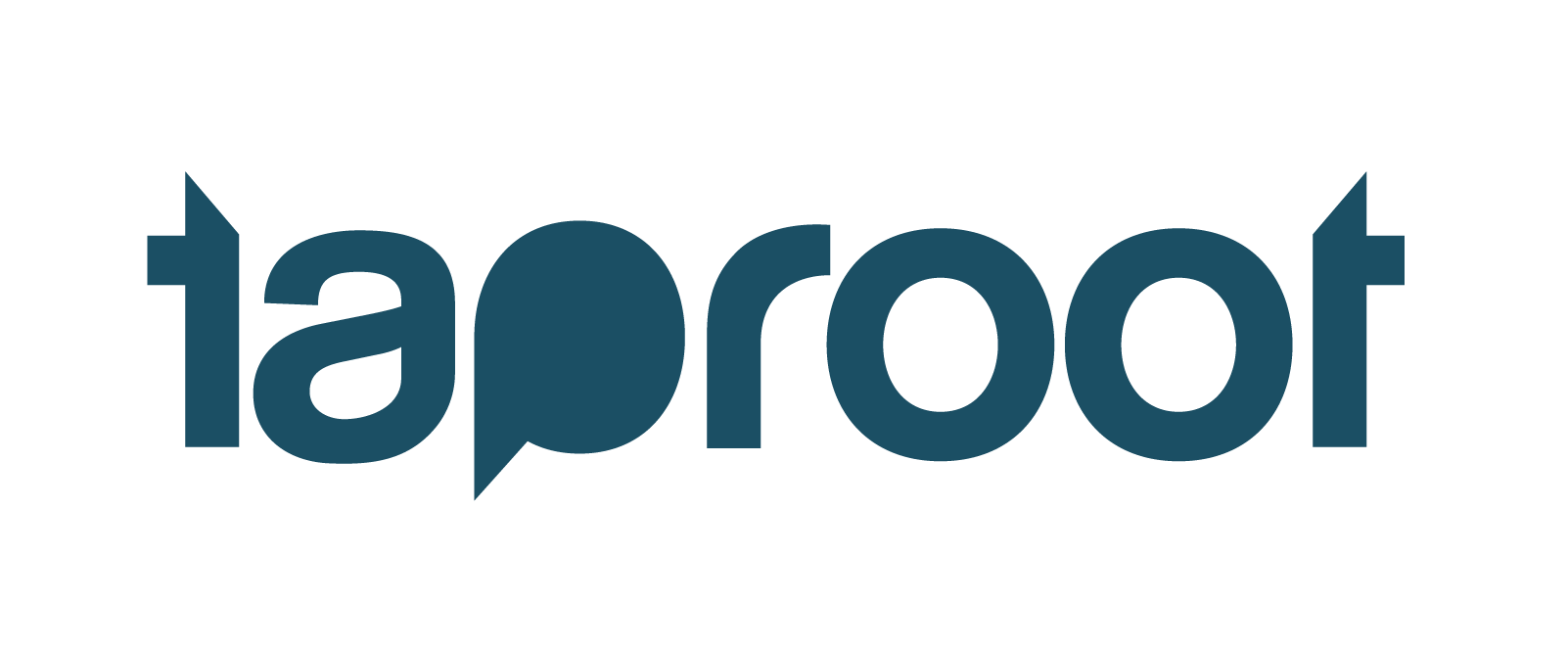Mind the Gap: Addressing Inequalities Through Pro Bono
A history of pro bono week
There are many gaps between the haves and the have-nots in American society: the Achievement Gap between poor and wealthy students, the Wage Gap between men and women in the workplace, and the Justice Gap – just to name a few. Although not as frequently publicized, the Justice Gap refers to the growing number of low-income individuals who are too poor to afford legal services but not poor enough to qualify for legal aid. While defendants in criminal cases have the right to a lawyer, low-income people with significant civil legal issues -like divorce, foreclosure, bankruptcy, child custody battles, immigration status, and domestic abuse-are often left with no choice but to represent themselves in court. Even those individuals who are poor enough to qualify for legal aid do not have equal access as paying clients. According a 2009 report by the Legal Services Corporation, on average there is only one legal aid attorney available for every 6,415 low-income people as compared to one private attorney for every 429 people above the poverty line.
Many in the legal profession are working to address this gap by providing pro bono legal service to low-income individuals and organizations serving their needs. Although essential, this legal pro bono only meets a small fraction of the actual need. According to Cynthia Domingo-Foraste, an attorney at SafeHorizon, an agency that supports victims of domestic abuse, “for every [individual] that I am able to help, I must turn another away; such is the case with the overwhelming needs of our clients. Pro bono work can go a long way toward closing this gap. As lawyers, we have the tools to help those in need, but we have to commit to using them.”
In order to draw national attention to the Justice Gap, in 2009, the American Bar Association Standing Committee on Pro Bono and Public Service established the first Pro Bono Week. National Pro Bono Week was intended to highlight the need for more pro bono, thank attorneys who provide pro bono legal service to low-income individuals, and to recruit more. Across the nation, law firms, bar associations, law schools, courts, and corporate councils celebrate National Pro Bono Week annually during the third week of October. Historically, events have included clinics where low-income individuals can come for free legal advice, training events to keep pro bono lawyers informed, recruitment events to encourage more legal professionals to join the effort, and media outreach to inform the public about the Justice Gap’s prevalence and consequences.
Read the rest of this article on the Taproot Foundation site.
About Taproot
Since 2001, Taproot Foundation has proven that pro bono service is a viable and reliable tool for strengthening nonprofit organizations. Today, Taproot continues to lead nationally by acting locally, and seeks to build a pro bono marketplace that, like philanthropy, is large, accessible, professional and transparent. By taking lessons learned from our award-winning Service Grant Program and applying them to our innovative new program areas, we work to stimulate the supply of pro bono resources through our corporate Advisory Services practice, as well as demand for these services by giving nonprofits the tools and training that sets them up for successful pro bono engagements. Our work has evolved to include thought leadership and international field-building, convening global leaders in the social sector to guide the design and direction of the pro bono movement while focusing on infusing a pro bono ethic into business professions, professional schools, companies and nonprofits in communities across the country and around the world. Visit www.taprootfoundation.org to learn more.
About Pro Bono Service
Pro bono--short for pro bono publico, "for the public good"—refers to professional services delivered without expectation of a fee to organizations serving the social good. It is both a form of support for community organizations as well as an increasingly core part of the ethic of business professionals from design to HR and technology, who believe that high-quality professional services are too important to only be available to those who can afford them.
INTERESTED?
Give back - donate your skills pro bono.
Get your company engaged in pro bono service.
Start securing pro bono resources for your nonprofit.

